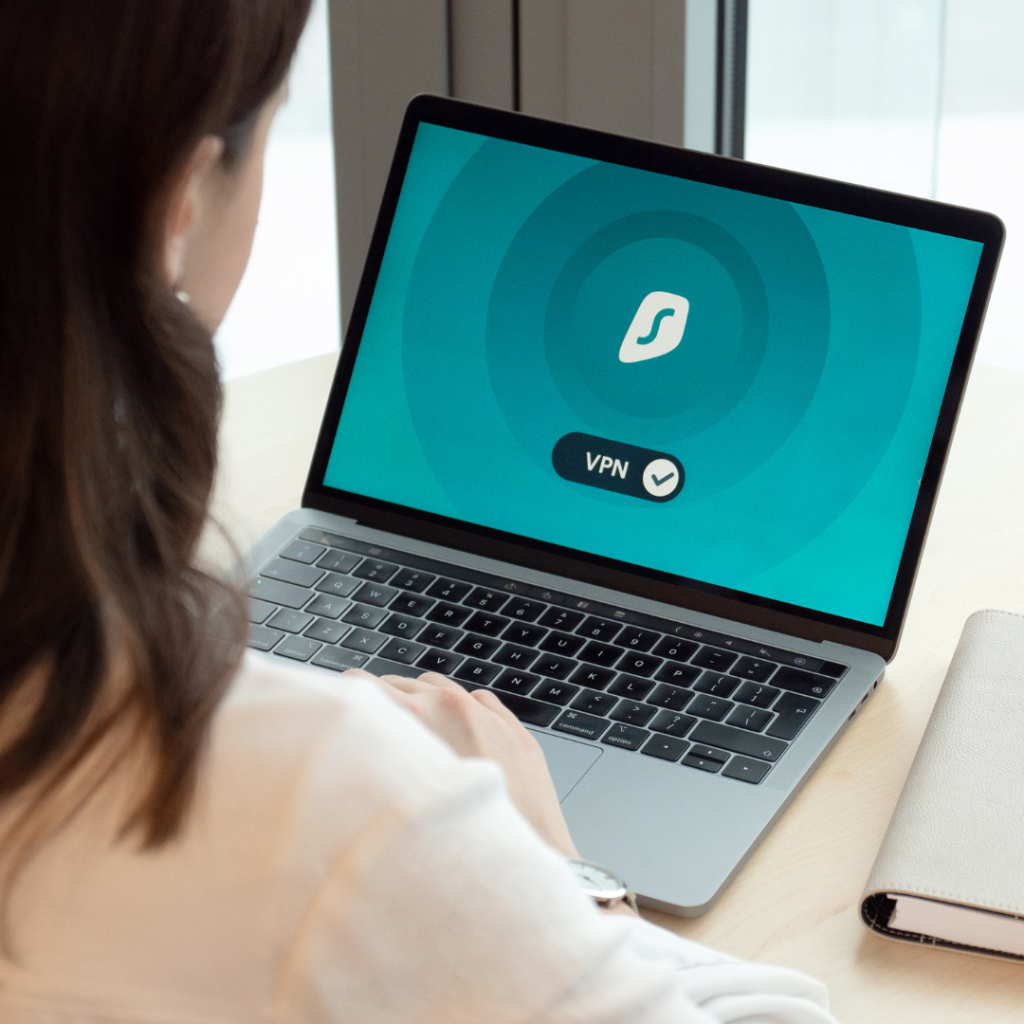
How to Use a VPN
Have you ever used a VPN? Wait, what is VPN again?
A VPN (a virtual private network) is a service that works together with your web browser to encrypt your communications so others can’t see what websites you visit. The good news is that the internet is full of free VPNs, but it’s important to understand the risks before signing up. Some VPN providers are based overseas and aren’t subject to US laws, which means your communications might be monitored. Others sell your personal data and personal information to marketers and other third parties. Luckily, the best VPN services are reliable and free to use, so there’s no reason not to protect your online privacy.
In an era where digital privacy is of paramount importance, understanding how to navigate the online world securely is crucial. This brings us to the indispensable tool known as a Virtual Private Network (VPN). Whether you’re concerned about safeguarding sensitive information, bypassing geographical restrictions, or simply enhancing your overall online security, a VPN serves as a powerful ally. People may also use VPNs in order to access entertainment or pleasurable content that is blocked by their local networks. This includes adult erotic films available on sites like https://www.cartoonporno.xxx/categories/94/pokemon (and similar others), movies and TV shows, or games. As we delve into the intricacies of VPN usage, you’ll discover not only how to employ this invaluable technology but also why it has become an indispensable companion in the digital age. Get ready to unlock a realm of online privacy and security as we embark on the journey of mastering the art of VPN utilization.
You might be thinking that it is hard to use a VPN; worry no more. Check out the following tips on how you can effectively use a VPN:
- Do the VPN set up on a router. Setting up a VPN on a router is one of the simplest and most useful things a VPN service can do. Using one is easy, but setting up a VPN on a router has several hidden benefits, such as making all your devices-phone, tablet, laptop-invisible to your ISP. This means your router acts as a server, and all your devices are clients. The router encrypts the traffic between your devices and the VPN, and your ISP will only see encrypted traffic. Setting up a VPN on a router is super easy.
- Not all free is excellent, like free VPN. Free VPNs are becoming very popular in recent years. As they offer a free service, it is understandable that many people are tempted to use them. However, anyone who uses a free VPN will regret it eventually. On the internet, everything is free, but free doesn’t always mean good. VPN services that are free, for instance, offer slow speeds, no encryption, and pop-up ads, none of which are helpful for those wishing to use a VPN service. On the flip side, by using a paid VPN, you can easily get fast speeds, which can help you to enjoy streaming movies, TV shows, music, and even mature content (from sites like GayPornHD) in high quality.
- Add a kill switch. As one of the tips on how to use a VPN, adding a kill switch can add an extra layer of protection. These kill switches, also known as DNS leak protection, are designed to block your connection if your internet is interrupted automatically. That way, if your device can’t connect to the internet, your VPN’s encryption won’t weaken. For example, if you’re using a VPN to connect your smartphone or tablet to the internet and lose connection for a few seconds, your connection to that VPN will be broken. Without a VPN kill switch, your device will continue to try to access the internet, and your virtual location will pass on to that website. Instead, a kill switch will keep you connected to your VPN until your device re-establishes a connection. This keeps you safe from hackers and any possible snooping attempts.
- Avoid having your battery get drained because of VPN Encryption. The virtual world is vast, and some of us may be tempted to access sites that we may not feel comfortable with. A VPN, or Virtual Private Network, can give us access to these sites without revealing our location. However, some VPNs utilize encryption, and encryption can be taxing on our devices. One way to combat this is to use a portable battery solution to recharge your device during or after VPN use. Whether you are traveling or working remotely, a portable battery can give you the extra juice you need to get through your day.
VPN, or Virtual Private Network, is a technology that allows you to access the internet using public networks such as Wi-Fi securely. When using a Wi-Fi network, your data goes through that network’s router and is shared with everyone who uses it. And that data can include passwords, emails, and files, which can put your online privacy and security at risk. Using a VPN instead, your data is encrypted and sent through the VPN’s server, so it’s never shared publicly. Isn’t that amazing?